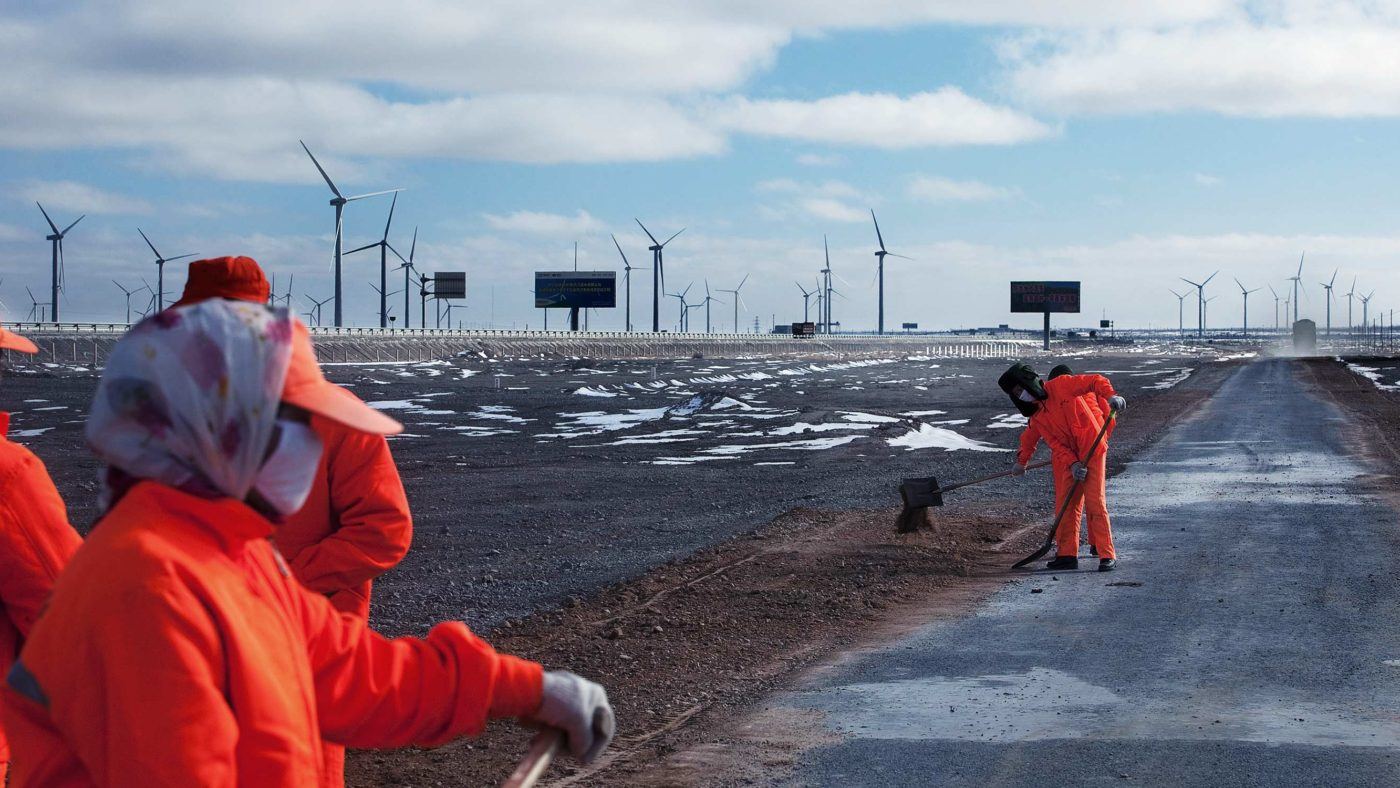Infrastructure spending is sexy again. Theresa May’s Government is expected to make the most of cheap borrowing rates and announce a roll out of infrastructure investment in the Autumn Statement. At the Conservative Party Conference last week, the Chancellor Philip Hammond spoke of “targeted, high-value investment in our economic infrastructure”, and Greg Clark, Secretary of State for BEIS, admitted that the nation needs an “infrastructure upgrade”. Meanwhile, across the Atlantic, the scourge of central bankers, Forbes’ John Mauldin, has called for the US to introduce a robust infrastructure spending program.
Over the next 15 years, the world is expected to spend $90 trillion on new infrastructure. This equates to more than double our current stock with much of it coming in the rapidly developing countries of the global south. What kind of infrastructure this will be will have a fundamental impact on the shape of the world’s economy and the prosperity of its inhabitants.
Last week’s report by the Global Commission on the Economy and Climate, involving economist Lord Stern and former Mexican President Felipe Calderón, makes the case that if this new infrastructure is sustainable and future-proof, it could reignite global growth which has not recovered since the financial crash of 2008.
As Stern points out, the transition to a low carbon economy, signalled by the globally agreed Paris climate accord, is an opportunity to kick start growth in the short term and is the only option over the long term if we want a global economy suitable for human thriving. This week he said: “Since 2008 many things have been tried to revive struggling growth, but the one thing we’ve not yet tried is strong investment in sustainable infrastructure.”
Calderón added that despite only minimal investment we’re already seeing some of the innovation and creative destruction envisioned by Joseph Schumpeter as renewable technologies usurp old norms. Just looking at Britain, in the past six months solar panels generated more of the UK’s electricity than coal plants. As Ambrose Evans-Pritchard has pointed out in the Daily Telegraph, the rapid progress in energy storage, on a multitude of technological fronts, means the UK may never again need to build 20th Century power plants.
He writes: “This country can achieve total self-sufficiency in power at viable cost from our own sun, wind, and waters within a generation. Once we shift to electric vehicles as well, we will no longer need to import much oil either.”
The real infrastructure story of the coming decades, though, will be in developing countries, especially in cities as urban populations continue to swell. The Global Commission’s report estimated 70 per cent of new infrastructure will be in the developing world. If pursued on the business-as-it-used-to-be, high carbon trajectory, these cities will be awful places to live: terrible congestion, poor public transport, unbreathable air, polluted water, inadequate sewers, and serious vulnerability to extreme weather events.
Such cities will be hard to improve, as the infrastructure will lock in those conditions for decades. This is not just bad for people, it’s bad for economies: think of the lost productivity from traffic delays, more sick days, shorter lifespans, and the struggle to attract talented workers to urban dystopias.
Already many cities in the developing world are deeply polluted places with citizens no longer willing to put up with such dire conditions. Public anger at poor quality of life is already driving action – even China is sacrificing industry to try and wean itself off coal. Its burning of the black stuff is thought to have already peaked. China is also driving for major uptake of electric cars to clean up their city air quality.
But it’s not just developing countries where sustainable infrastructure has public backing; there is support for it in the West too. According to a recent Pew Research Centre study 83 per cent of American adults support expanding wind farms (14 per cent against), while 89 per cent support solar expansion (9 per cent against). This compares to offshore drilling, fracking and coal mining which all have more Americans opposed than in favour.
Creating sustainable places to live, that will ensure our children have the same or better opportunities than we do, should be at the heart of responsible policymaking. If we don’t, the global hunt for long term growth will continue to elude us.


